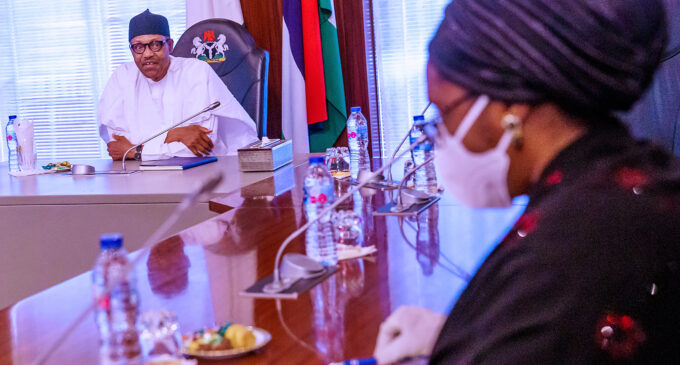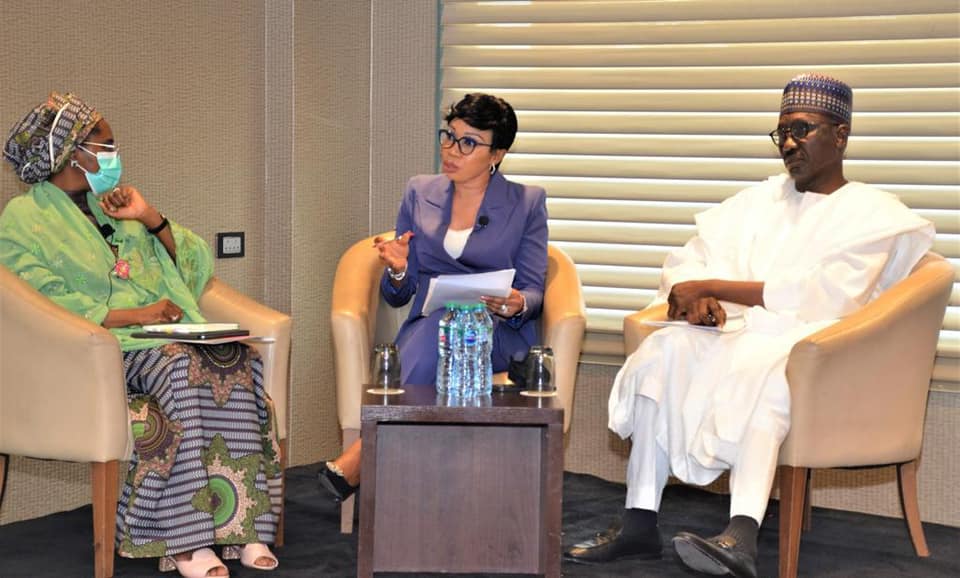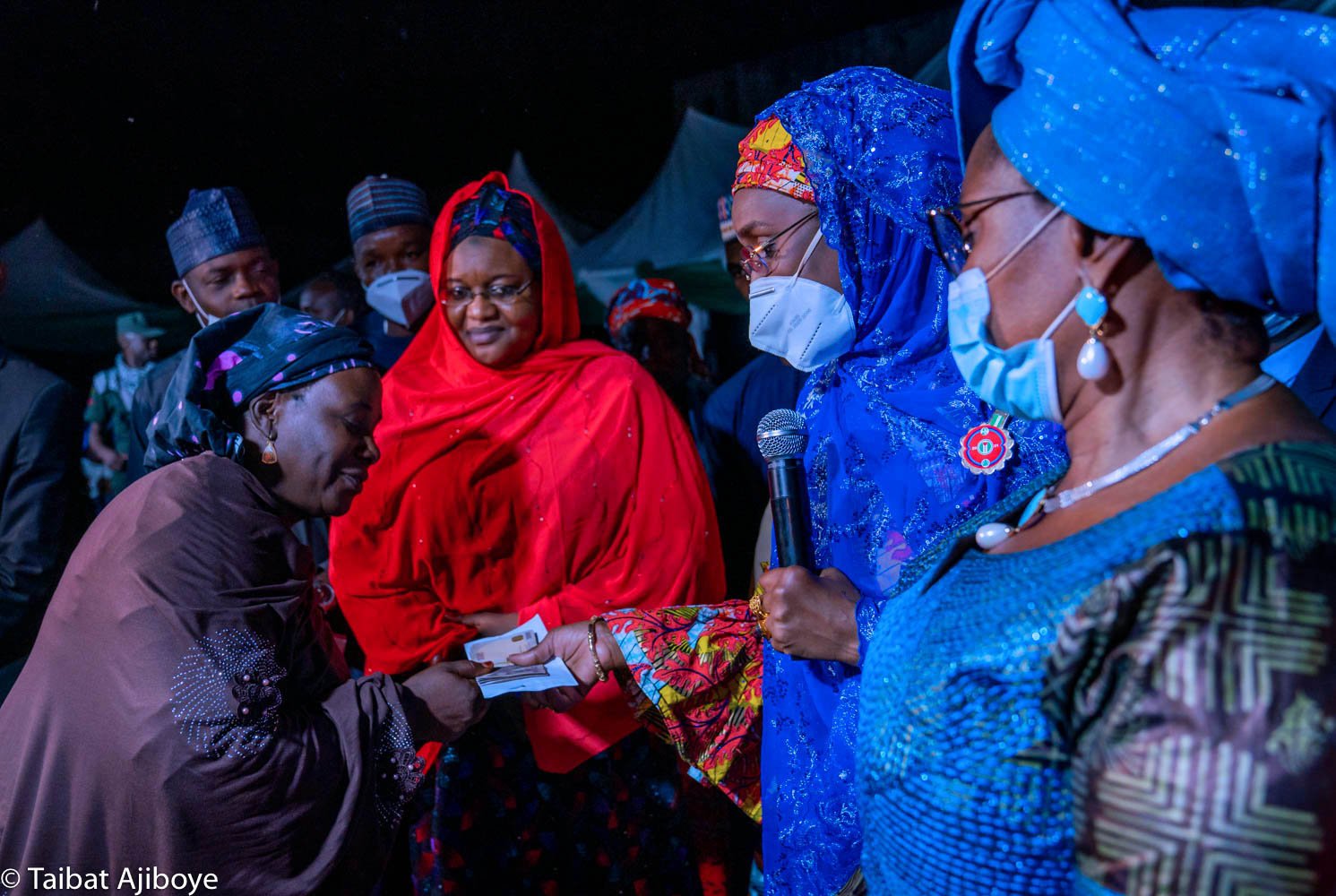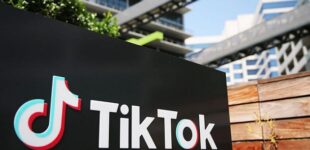‘More expensive than subsidy’ — is FG’s N5,000 transport grant dead on arrival?

Zainab Ahmed, minister of finance, budget, and national planning, said on Tuesday that the federal government would remove fuel subsidy by 2022 and replace it with a N5,000 grant for the poorest Nigerians. According to her, about tens of millions Nigerians would benefit from the transport grant.
Following the revelation, Nigerians online and offline have weighed in on the policy, raising quite a number of reservations about the policy, which is billed to take off sometime between February to June 2022.
While some say the policy is inevitable, following the fiscal condition of the Nigerian states, others differ, emphasising that Nigeria is an oil-producing country and should not have to pay so much for petrol.
TheCable on Wednesday reported that Nigeria had the third-lowest petrol pump price in Africa, after Angola and Algeria. This position strengthens the argument for keeping oil subsidies — if other oil-producing states are doing it, Nigeria can keep subsidies too.
On the flip side, some Nigerians believe the removal of subsidies is long overdue. This school of thought claims that Nigeria is at least 10 years late to the party. They see subsidies as unsustainable, inefficient, and responsible for the lack of competition in the oil sector.
However, a large chunk of both schools of thought does not entirely believe in the idea of giving N5,000 transport grants to the poorest Nigerians. Some say the grant will be more expensive than the existing fuel subsidy and would have an even worse impact on state finances.
TheCable has reviewed all we know about this policy to draw informed conclusions on the subsidy removal and replacement plan.
MORE EXPENSIVE THAN SUBSIDY?

Zainab Ahmed taking questions at NDU launch event
You may have seen claims online suggesting that N5,000 for 40 million Nigerians monthly, would amount to N2.4 trillion, which is more than the existing subsidy payments of about N1.8 trillion per year. Mathematically, this is correct. But according to what we know about the policy, this is not exactly the case.
Speaking at the launch of the Nigeria Development Update (NDU) hosted by the World Bank, the minister of finance said the number of beneficiaries would vary between 30 million and 40 million.
During her opening speech, she said: “Ahead of the target date of mid-2022 for the complete elimination of fuel subsidies, we are working with our partners on measures to cushion potential negative impact of the removal of the subsidies on the most vulnerable at the bottom 40% of the population.
“One of such measures would be to institute a monthly transport subsidy in the form of cash transfer of N5,000 to between 30 – 40 million deserving Nigerians.”
For 30 million Nigerians, the cost of maintaining this grant per year will be N1.8 trillion, which is also as bad as the subsidy payment itself. Going by what the minister initially said, the cost of the grants is worse. This drives the argument for keeping subsidies.
However, the minister also said during the panel discussion that the grant may not get to all 40 million Nigerians, suggesting that the final numbers will be dependent on available resources. This means a lot less than N1 trillion may eventually be spent on delivering the policy.
TIME: FEBRUARY OR JUNE 2022?
Another challenge with the project is the timeline; questions abound on when exactly this project would kick-off. According to the Petroleum Industry Act, subsidies should be removed by February 2022. But according to the 2022 budget, subsidies will be paid till June, 2022.
Two contradicting pieces of legislation? Not exactly. When the PIB was signed by President Muhammadu Buhari, the president set up an implementation committee to execute PIA within the space of one year.
The committee, in line with the ministry of finance, budget and national planning, made room for subsidies till June 2022, but the removal could be as early as February to save the government some subsidy funds.
Will December, January, February be enough time to convince Nigerians on subsidy removal? Time will tell.
HOW WOULD THE 40M NIGERIANS BE SELECTED?

The beneficiaries would be identified as they were with other SIPs under the Buhari government, but payments will not be made physically like this
Yes, this is a recurrent question. But according to the minister, the selection process will build on the existing conditional cash transfer register used by the office of the vice-president in administering payments to poor and vulnerable Nigerians in the past.
The minister said the government will be working with state governments and non-governmental organisation (NGO) to ensure that the people who get the grant are the ones who actually get the funds.
DEAD ON ARRIVAL?
The World Bank recommended that Nigeria “implement a large-scale (covering 25% to 50% of the population) and time-bound targeted cash-transfer program to mitigate impacts of high inflation and the PMS subsidy removal.”
It also asked the government to “redirect savings from PMS subsidy to finance primary health, basic education, and rural connectivity projects” with the country.
The bank estimates that subsidy savings could be as high as N3 trillion per year. If that is the reality, then Nigeria can go ahead with the cash transfers, and still have some money to finance primary health, basic education, and rural connectivity projects.
However, going by 2019 figures, subsidy savings will be less than N2 trillion, while N5,000 to 40 million Nigerians will amount to N2.4 trillion. At that rate, there will be no savings for other projects recommended by the bank.
Dead on arrival? A lot will depend on the final implementation plans.















There are no comments at the moment, do you want to add one?
Write a comment